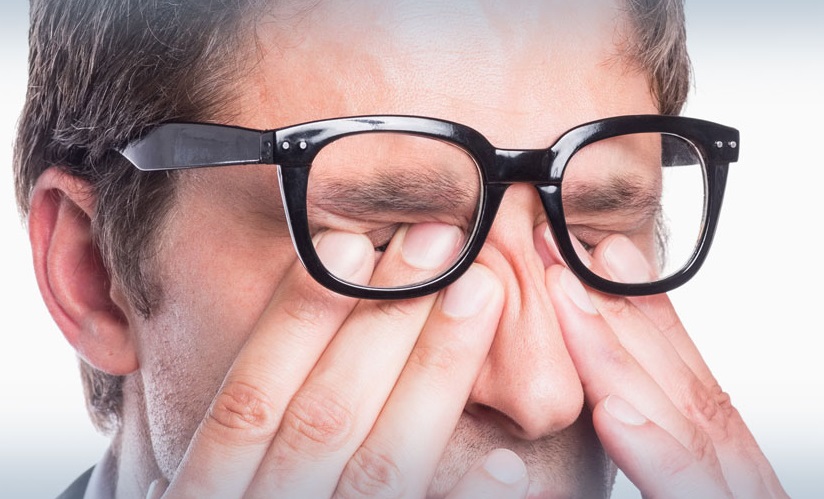Dry eyes can cause a bunch of symptoms that can really affect your quality of life, or at least slow you down from time to time. Let’s review some symptoms that suggest you may have dry eyes.
The most common symptoms of dry eyes are tearing (watery eyes), burning, itching, eye fatigue, grittiness and redness. SEVERITY of your symptoms can range from quite tolerable through intolerable.
A really interesting symptom is vision that fluctuates between blinks. Your tears are an important part of your optical system. You need an adequate volume and quality of tears to have sharp vision. Contact lenses are notorious for sucking tears from your eyes to maintain moisture, and your vision may suffer.
In our dry eye clinic, not only do we ask what symptoms you might be experiencing, but also how FREQUENTLY your are experiencing them. This can range anywhere from none, to infrequently all the way to constant suffering.
Many conditions can emulate symptoms of dry eyes. The most obvious is contact lens irritation. While decreased comfort of your contact lenses can be related to the fit, more commonly it is caused by the eyes not having good quality tears. A contact lens should have a layer of tears below it to act as a lubricant as it moves on your eye during the blink. If your tears are inadequate, the comfort and your quality of vision can drop dramatically.
Another common condition that masquerades as dryness is ocular allergy. Usually apparent as itching, allergy make you want to rub your eyes like they were dry. Often, allergy and dry eyes occur at the same time, making diagnosis and treatment a little more complex.
The next question you might have is, “now that I think I have dry eyes, how do I treat it?” That question has a pretty complex answer that we will begin to cover in another article. For now, consider the fact that there are many conditions that cause dryness, and adequate relief comes from identifying all of the presenting conditions, and treating them individually.

